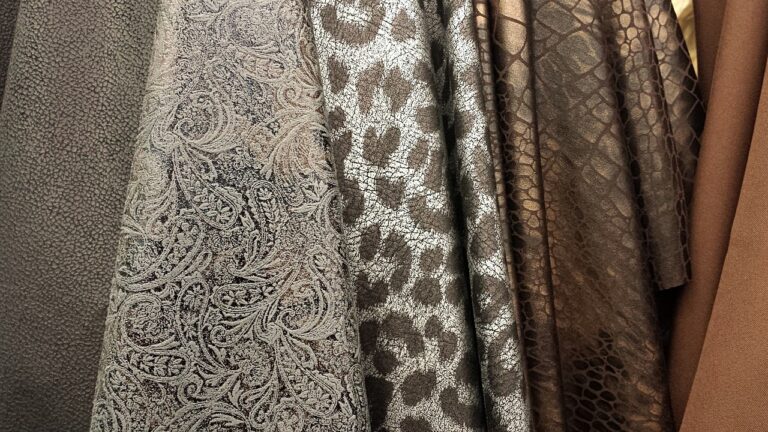Sustainable Practices in Formal Wear Retail: Recycling and Upcycling Initiatives
allpanel mahadev, lotus 365.fun login, all panel login:In the world of fashion, sustainability is becoming increasingly important. As consumers become more conscious of the environmental impact of their choices, retailers are starting to prioritize sustainable practices. This trend is especially prevalent in the formalwear industry, where garments are often worn only a few times before being discarded. In response, many formal wear retailers are implementing recycling and upcycling initiatives to reduce waste and extend the lifespan of their products.
1. Recycling Programs
One of the most common sustainable practices in formal wear retail is the implementation of recycling programs. Many retailers now offer customers the option to return their old formal wear garments for recycling. These garments are then either repurposed into new products or broken down into raw materials for the production of new garments. By recycling old garments, retailers can reduce the amount of waste generated by their business and minimize their environmental impact.
2. Upcycling Initiatives
In addition to recycling programs, many formal wear retailers are also incorporating upcycling initiatives into their business practices. Upcycling involves taking old or discarded garments and transforming them into new, higher-quality products. This not only reduces waste but also gives new life to old garments that would otherwise end up in a landfill. Upcycling initiatives are a creative and sustainable way for retailers to make use of their existing inventory while reducing their environmental footprint.
3. Collaborations with Sustainable Brands
Another sustainable practice in formal wear retail is collaborating with sustainable brands. By partnering with brands that prioritize environmentally-friendly practices, retailers can offer customers a wider range of sustainable options. Collaborations with sustainable brands also help raise awareness about the importance of sustainability in the fashion industry and encourage other retailers to adopt similar practices.
4. Sustainable Fabric Choices
Choosing sustainable fabrics is another important aspect of sustainable formal wear retail. Many retailers are now opting for fabrics that are made from recycled materials or produced using eco-friendly processes. By selecting sustainable fabrics, retailers can reduce the environmental impact of their products and appeal to eco-conscious consumers who are looking for ethically-made garments.
5. Educating Customers
Educating customers about the importance of sustainability in formal wear retail is essential for driving change in the industry. Retailers can use their platforms to raise awareness about the environmental impact of fast fashion and the benefits of choosing sustainable options. By engaging with customers and sharing information about recycling and upcycling initiatives, retailers can inspire them to make more environmentally-friendly choices when shopping for formal wear.
6. Supporting Local Communities
Supporting local communities is another important aspect of sustainable formal wear retail. By sourcing materials and manufacturing products locally, retailers can reduce their carbon footprint and support local economies. Additionally, collaborating with local artisans and craftsmen can help preserve traditional techniques and promote cultural sustainability.
FAQs:
Q: How can I participate in a formal wear recycling program?
A: Many formal wear retailers have information on their websites about their recycling programs. You can also contact your local store to inquire about their recycling initiatives.
Q: What are some sustainable fabric options for formal wear?
A: Sustainable fabric options for formal wear include organic cotton, bamboo fabric, Tencel, and recycled polyester.
Q: How can I support sustainable formal wear brands?
A: You can support sustainable formal wear brands by choosing to buy from them, spreading awareness about their initiatives, and encouraging others to make more sustainable fashion choices.
In conclusion, recycling and upcycling initiatives are essential for promoting sustainability in formal wear retail. By implementing these practices, retailers can reduce waste, minimize their environmental impact, and offer customers more sustainable options. As consumers become more conscious of the environmental impact of their choices, sustainable practices in formal wear retail will continue to play a crucial role in shaping the future of the fashion industry.







